On November 20, 2013, Grand Challenges Explorations grants were announced for more than 80 researchers from around the world. Each will receive $100,000 to conduct early-stage research projects focusing on one of five global health and development challenges. Some of these winners are featured here.
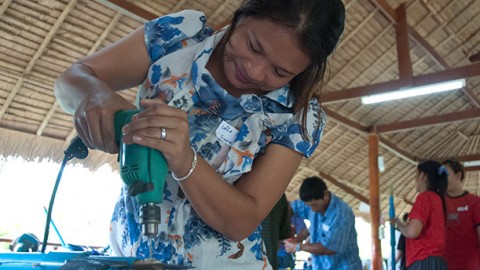
Alexander Moseson of Drexel University and Tyler Valiquette of Catapult Design in the U.S. are developing local production centers and localized business plans in South Asia to promote the widespread adoption of new planting and weeding tools designed specifically for women farmers.
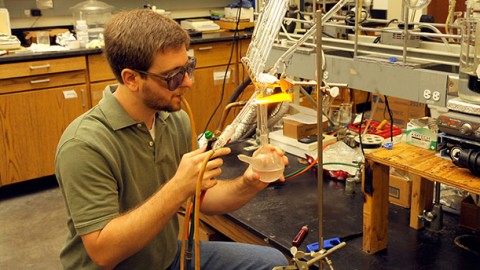
Jimmy Mays of the University of Tennessee in the U.S. is developing and testing a condom made with a highly elastic polymer, which allows it to be thinner, softer, and less expensive.
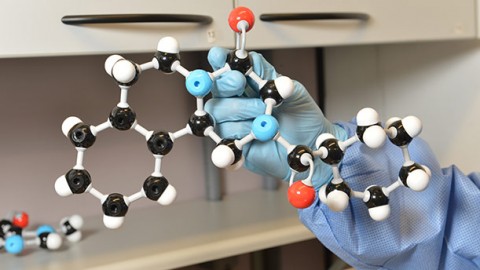
Floriano Silva of Fiocruz in Brazil will develop a drug screening assay that uses automated microscopy to test new drug candidates for toxicity towards adult parasitic worms, which cause a range of diseases.
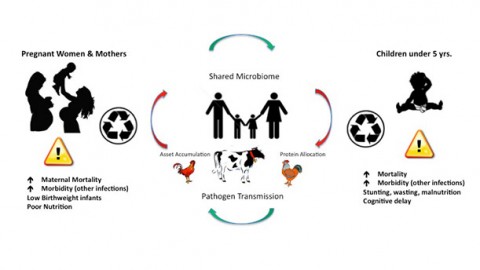
Peter Rabinowitz of the University of Washington in the U.S., along with American and Kenyan colleagues, will analyze the gut microbiota of children and their family’s animals in selected communities in Kenya, and determine whether resetting the animal microbiota using fecal transplants has a corresponding positive effect on the microbiota of the rest of the household.
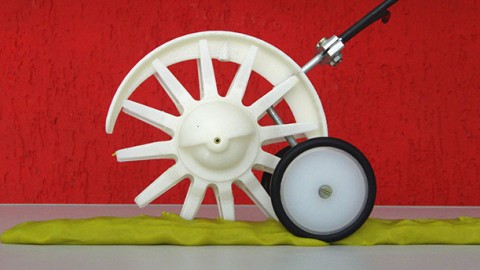
Ricardo Capúcio de Resende of Universidade Federal de Viçosa in Brazil is designing a simple, lightweight seeder that can plant two crops at once. With only two rotating parts, this seeder can be operated and easily maintained by women farmers in sub-Saharan Africa and beyond.
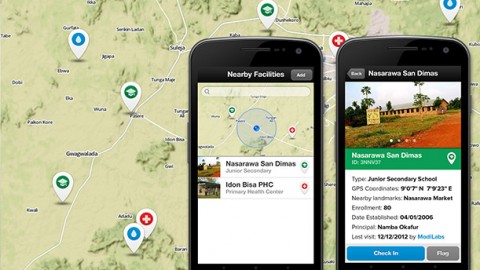
Vijay Modi and colleagues of Columbia University in the U.S. are building and hosting a web service that provides a simple database to centralize the mapping of social infrastructures such as schools, clinics, and water points. This database should improve data accuracy and help to better coordinate aid efforts.
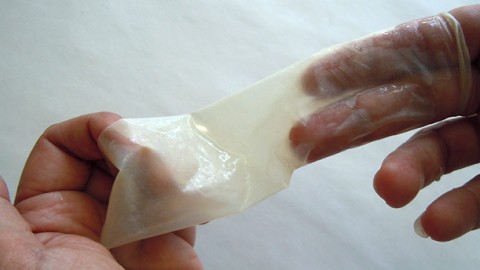
Mark McGlothlin of Apex Medical Technologies, Inc. in the U.S. is developing a male condom using collagen fibrils that provide a hydrated micro-rough skin-like surface texture to facilitate heat transfer and produce a more natural sensation.
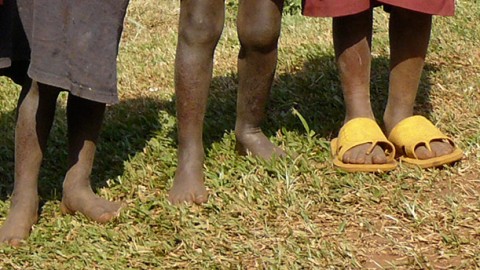
Tony Goldberg of the University of Wisconsin-Madison in the U.S. is working with local communities in Uganda to design a special hologram sticker for flip flops that symbolizes the importance of wearing sandals to prevent infection by soil-borne parasitic worms.
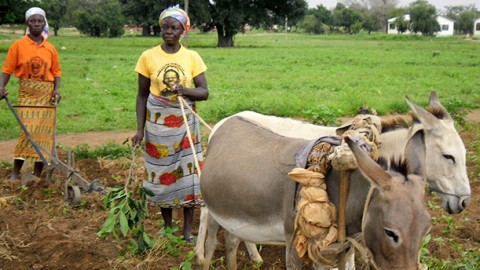
Sara Delaney of Episcopal Relief & Development in the U.S. is working with Ghanaian colleagues to train women farmers in northern Ghana to use donkeys with ploughs instead of working the fields with hand tools, and to provide affordable financing options for the women to purchase donkeys, ploughs, and carts.
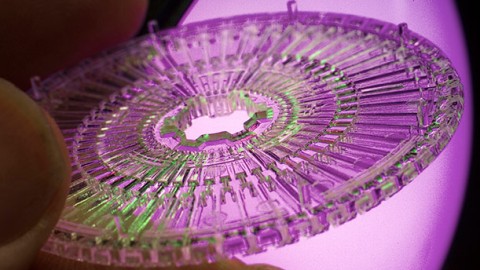
Benjamin Strutt and a team from Cambridge Design Partnership in the United Kingdom will design a male condom out of a composite material that will provide universal fit and is designed to gently tighten during intercourse, enhancing sensation and reliability and ultimately increasing adoption.
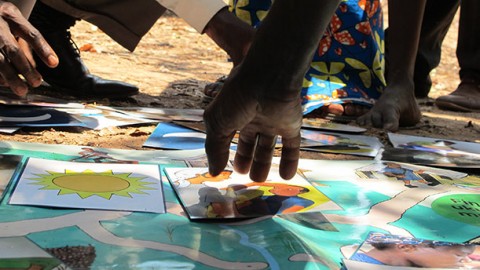
Sylvia Meek of the Malaria Consortium in the United Kingdom will train community leaders and health workers in Mozambique to conduct local community dialogue sessions prior to implementing Mass Drug Administration (MDA) programs to increase participation in the programs and to create a better understanding of these disease eradication efforts.
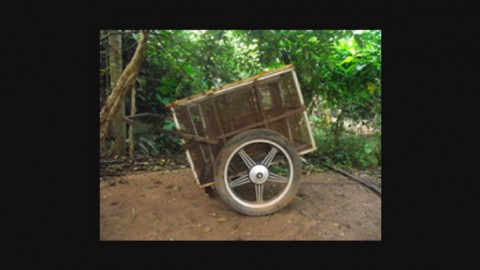
Nnaemeka Ikegwuonu of the Smallholders Foundation in Nigeria is field testing a new hand cart that can be used to store and transport newly harvested cassava, a major staple food grown by women smallholder farmers. Since cassava spoils within 24 hours of harvesting, this new hand truck holds moist sawdust that helps retain the nutritional value of the cassava, increasing its marketability and saving time and labor for the women.

Simon Parrish of Development Initiatives in the United Kingdom will work with Ugandan partners to identify and then merge datasets that reveal spending in areas such as health and education in specific locations. This collated information can then be used to better assess the resources available to effectively eradicate areas of poverty.
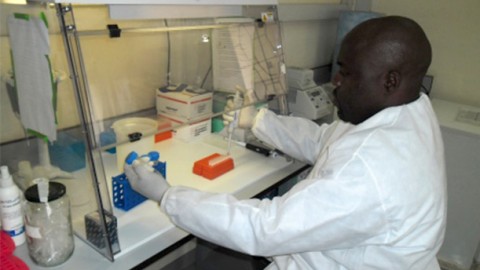
Njayou Ngapagna Arouna of the Université des Montagnes in Cameroon is developing chemical blends that can effectively repel tsetse flies, which transmit the parasite that causes sleeping sickness in humans as well as animal African trypanosomiasis, which affects cattle.

William Kisaalita of the University of Georgia in the U.S. is working with women in Uganda to test a new milk churner to make it more ergonomic and culturally appropriate for women users. The new churner will reduce the time and effort needed for women to make ghee, a long-lasting dairy product made from milk harvested in the evenings and therefore not easily sold fresh.
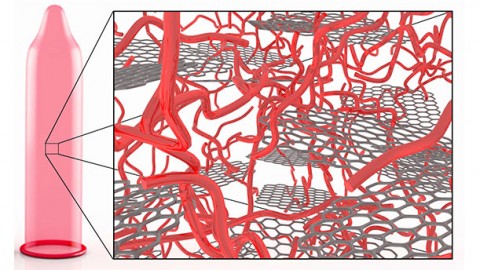
Aravind Vijayaraghavan and his team from the University of Manchester in the United Kingdom are creating new elastic composite materials for condoms incorporating nanomaterials like graphene. This composite material will be tailored to enhance the natural sensation during intercourse.
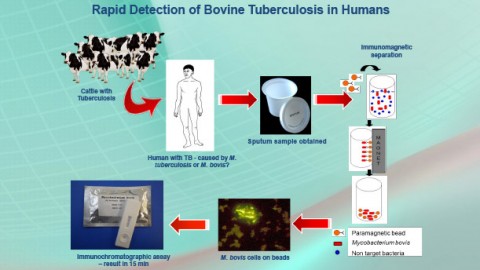
Linda Stewart and Irene Grant of Queen’s University, Belfast in the United Kingdom are working with an African institute to evaluate a quick and simple test that can detect the presence of Mycobacterium bovis in human sputum or urine samples. M.bovis causes tuberculosis in both humans and cattle, but in humans is resistant to drugs commonly used to treat the more prevalent M. tuberculosis bacteria.
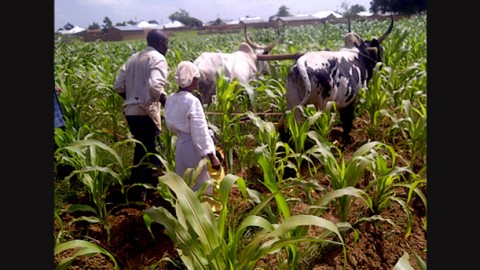
Mustafa Ojonuba Jibrin from Ahmadu Bello University in Nigeria will produce a reality TV show that portrays women farmers using draught animals in their farming practices. Since television and social media are widely available in Nigeria, Jibrin hopes a broad audience for the show will increase cultural acceptance of this labor-saving practice.